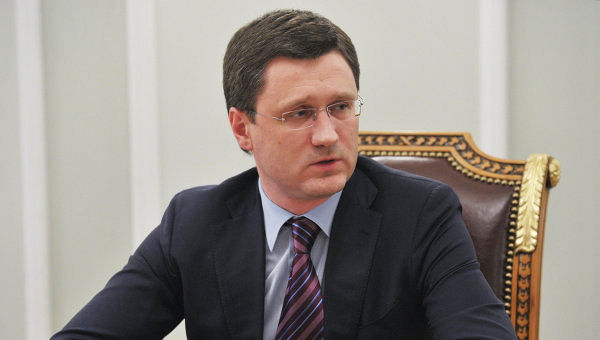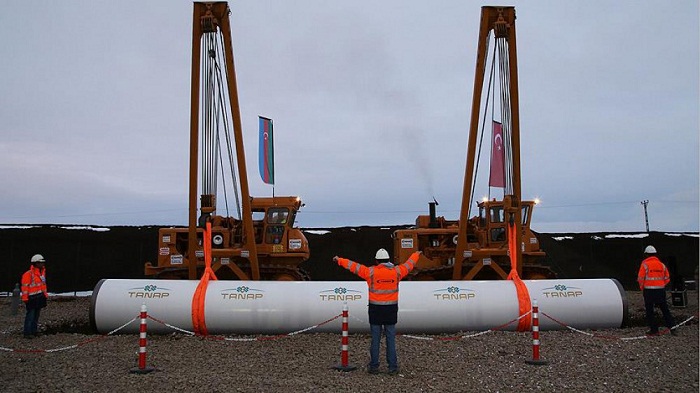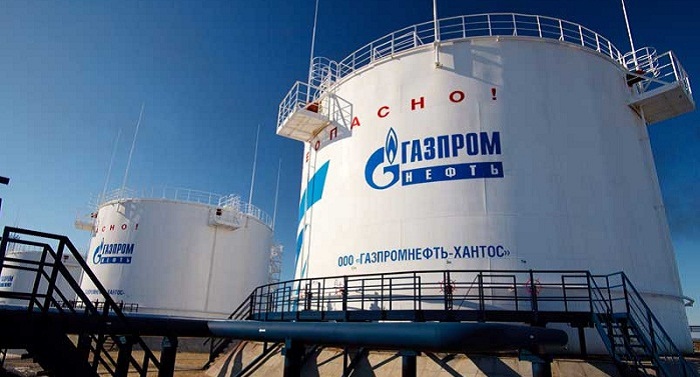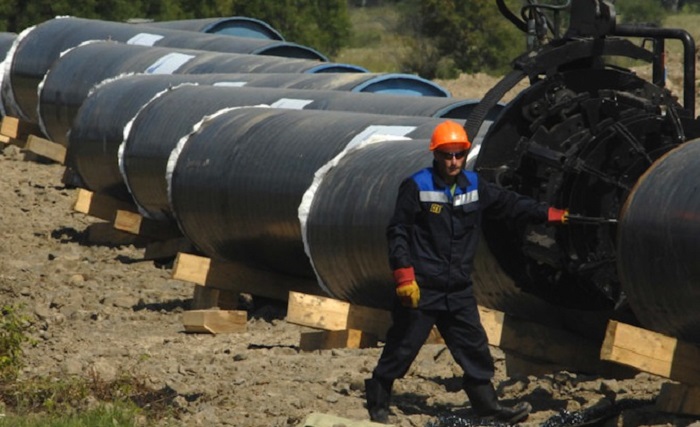Prior to the meeting, some statements have been made from both sides, demonstrating the interest and readiness to resume negotiations on the project’s implementation.
Russia and Turkey are discussing the construction of two branches of the Turkish Stream gas pipeline, Russian Energy Minister Alexander Novak said in an interview with Russia 24 TV channel.

Moreover, tha information has been published in Russian media with the reference to Gazprom Management Committee Deputy Chairman Alexander Medvedev, that the agreement has been reached on the creation of the working group of the energy ministries of Russia and Turkey in order to return the project to the implementation stage.
Meanwhile, the source in Gazprom told Trend that it is early to talk about the prospects of the project, and it needed to wait for the results of the upcoming meeting of the presidents.
“Any progress is possible only after the meeting of the presidents on August 9,” the source said.
Does Turkey need it?
Turkey imported 19.94 billion cubic meters of gas in January-May 2016, of which 16.22 billion cubic meters were delivered via pipelines, while 3.72 billion cubic meters accounted for the import of liquefied natural gas (LNG). Russia accounted for 50.84 percent of the total volume of Turkey’s gas import in January-May 2016.
Gas consumption in Turkey has decreased by 2.4 percent and stood at 43.6 billion cubic meters in 2015, according to the BP Statistical Review of World Energy 2016.
Turkey has imported 39.7 billion cubic meters of gas via pipelines in 2015, according to BP.
Analysts believe that there is a need for additional gas in Turkish market.
“Turkey could certainly use the extra gas.However, Ankara will soon be getting some gas from the TANAP with the promise that volumes, including for Turkish consumption, will increase from that pipeline in the years to come,” Bruce Pannier, US expert on Central Asia and energy issues told Trend.

“Turkey could use the gas, but with TANAP due to come on line in 2018, I think Ankara will want to prolong discussions with Russia on Turkish Stream until Turkey starts receiving gas from TANAP. It would strengthen Turkey’s position at the bargaining table with Gazprom,” expert added.
Meanwhile, the scientific adviser for 21st Century Turkey Institute, energy expert Tugce Varol believes that Russian Turkish Stream project is illusory for Turkey.
She told Trend that aside from TANAP, there are no other energy projects which are expected to be implemented in a short time in Turkey, because the increasing terrorist attacks and latest developments in Turkey affected Ankara’s plans on becoming the region’s energy hub.
Expert also believes that using the Turkish Stream only for gas supply to Turkey would be unprofitable for such a huge project.
What about Russia?
Russian Energy Minister Alexander Novak said on the Energetics program on the Rossiya 24 TV channel that the Turkish Stream gas pipeline project becoming more attractive for Turkey and Russia because of the rising cost of gas transit through Ukraine.
The minister said added that the project provides for the construction of at least one line of the pipeline with the delivery of 15.75 billion cubic meters of gas per year. This volume is intended for Turkish consumers.
Though some obstacles exist on the way of the project’s implementation, most of the experts, interviewed by Trend, believe that Russia is interested in it.
Russia’s Gazprom PJSC is implementing a strategy to minimize transit risks and it should be interested in the construction of pipelines, which will ensure the delivery of Russian gas directly both to North and South Europe, such as the Turkish Stream, senior analyst of VYGON Consulting Maria Belova believes.

“Therefore, the Turkish Stream is the company’s major project, and the work to coordinate its details, frozen in November 2015, will be continued,” she told Trend.
The current situation indicates that Russia wants to restart the overall project, Cyril Widdershoven, Middle East geopolitical specialist and energy analyst, partner at Dutch risk consultancy VEROCY and SVP MEA-Risk, believes.
"Some discussions already have been held, but outcome is unclear. Full scope of discussions is also not clear, but it seems that both parties are willing to restart the project, as Ankara and Moscow are again on speaking terms,” Widdershoven told Trend.
Gareth Winrow, independent analyst on Turkey also told Trend that the laying of the first line of the pipeline across the Black Sea would enable Russia to bypass “troublesome” Ukraine to deliver significant gas volumes to Turkey.
Moreover, the expert noted that Russian officials appear hopeful of building a second pipeline of similar capacity to carry Russian gas to south-eastern Europe via Turkey.
Russia is still interested in Turkish Stream pipeline project, but it is unlikely that the project will be implemented, Amanda Paul, analyst at the European Policy Centre (EPC) and expert on Turkey believes.
Given the state of the Russian economy, I doubt the Kremlin has billions of dollars to throw at this project, Paul told Trend.
More about:
















































